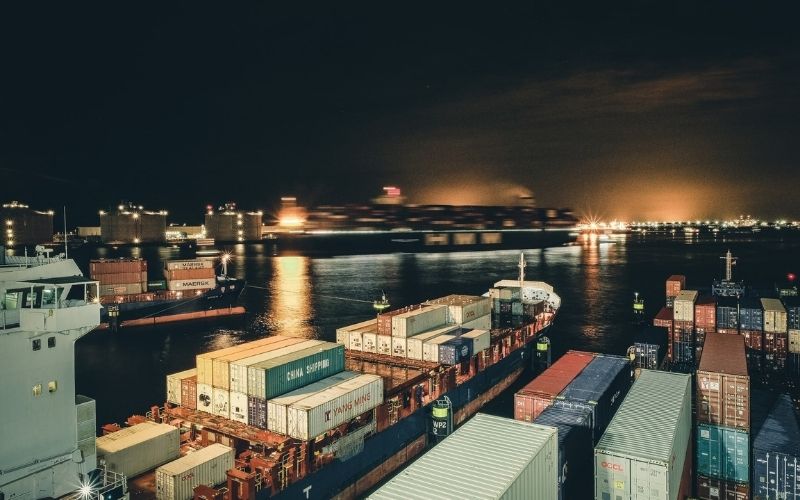Foreign Policy
Trump Administration Cracks Down on Chinese Imports Linked to Enslaved Labor

The Trump administration announced Monday that U.S. customs agents would temporarily seize imports of hair products, clothing, cotton and computer parts from Chinese companies determined to use enslaved labor from the Uyghur Autonomous Region.
The U.S. Customs and Border Protection issued five withhold release orders to delay importing of products from businesses identified as using state-sponsored forced labor in areas where the Chinese government is “engaged in systemic human rights abuses against the Uyghur people and other ethnic and religious minorities,” the agency said.
“DHS is combating illegal and inhumane forced labor, a type of modern slavery, used to make goods that the Chinese government then tries to import into the United States,” Ken Cuccinelli, acting DHS deputy secretary, said in a statement. “When China attempts to import these goods into our supply chains, it also disadvantages American workers and businesses,” Cuccinelli added.
The order included products made in Lop County in Xinjiang at so-called vocational schools, which the U.S. government labeled as highly coercive re-education internment camps where unfree workers live under duress and their movements are restricted.
Textiles, clothing and cotton from Yili Zhuowan Garment Manufacturing Co., Ltd., Baoding LYSZD Trade and Business Co. and Xinjiang Junggar Cotton and Linen Co., Ltd. were identified as using convict or forced labor where workers were employed under “intimidation and threats, withholding of wages, and abusive working and living conditions.”

Computer parts from Hefei Bitland Information Technology Co., Ltd. in Anhui, were also identified as being manufactured by workers in abusive conditions, the federal government said.
A withhold release status from Customs and Border Patrol gives companies three months to document that their goods pass an audit report of the supply chain, showing that merchandise was not made with forced labor. Customs agents will hold the goods until the paperwork is approved, according to the department's protocol.
The Commerce Department in July announced that computer manufacturer Hefei Bitland was one of 11 Chinese companies implicated in human rights abuses.
Hefei Bitland identified corporate partners on its website including Google, HP, Haier, iFlytek and Lenovo, the New York Times reported. Restrictions on imports of computer parts are in part to blame for laptop shortages in some school districts, the Raleigh, N.C., News Observer reported.
The agency identified companies that worked with the Chinese government to collect involuntary biometric data, including DNA analysis targeting Muslim minority groups in Xinjiang and used forced labor, Wilbur Ross, U.S. secretary of commerce said.
“Beijing actively promotes the reprehensible practice of forced labor and abusive DNA collection and analysis schemes to repress its citizens,” said @SecretaryRoss.
Read more: https://t.co/Whm19jaU1r pic.twitter.com/CclEjkzbjX
— U.S. Commerce Dept. (@CommerceGov) July 20, 2020
“Beijing actively promotes the reprehensible practice of forced labor and abusive DNA collection and analysis schemes to repress its citizens,” Ross said.
Since 2016, 14 Chinese companies have been flagged by the Commerce Department for using enslaved labor.
The Trump administration threatened to ban all Chinese imports of cotton and tomatoes last week, but U.S. agricultural interests worried that China would retaliate with trade restrictions, The New York Times reported.
In August, the AFL-CIO, ACLU and other civil rights groups filed petitions urging a crackdown on all garments and cotton imports originating in Xinjiang.
Brands such as Adidas, Calvin Klein, Carter's, Gap, Hart Schafner Marx, H&M, Nike, Tommy Hilfiger and Victoria's Secret were identified in a list of 83 buyers that worked with factories identified with enslaved labor.
“The system of forced labor is so extensive that there is reason to believe that most cotton-based products linked to the Uyghur Region are a product wholly or in part of forced labor,” one petition said.
Copyright 2020 United Press International, Inc. (UPI). Any reproduction, republication, redistribution and/or modification of any UPI content is expressly prohibited without UPI's prior written consent.
UP NEXT:
